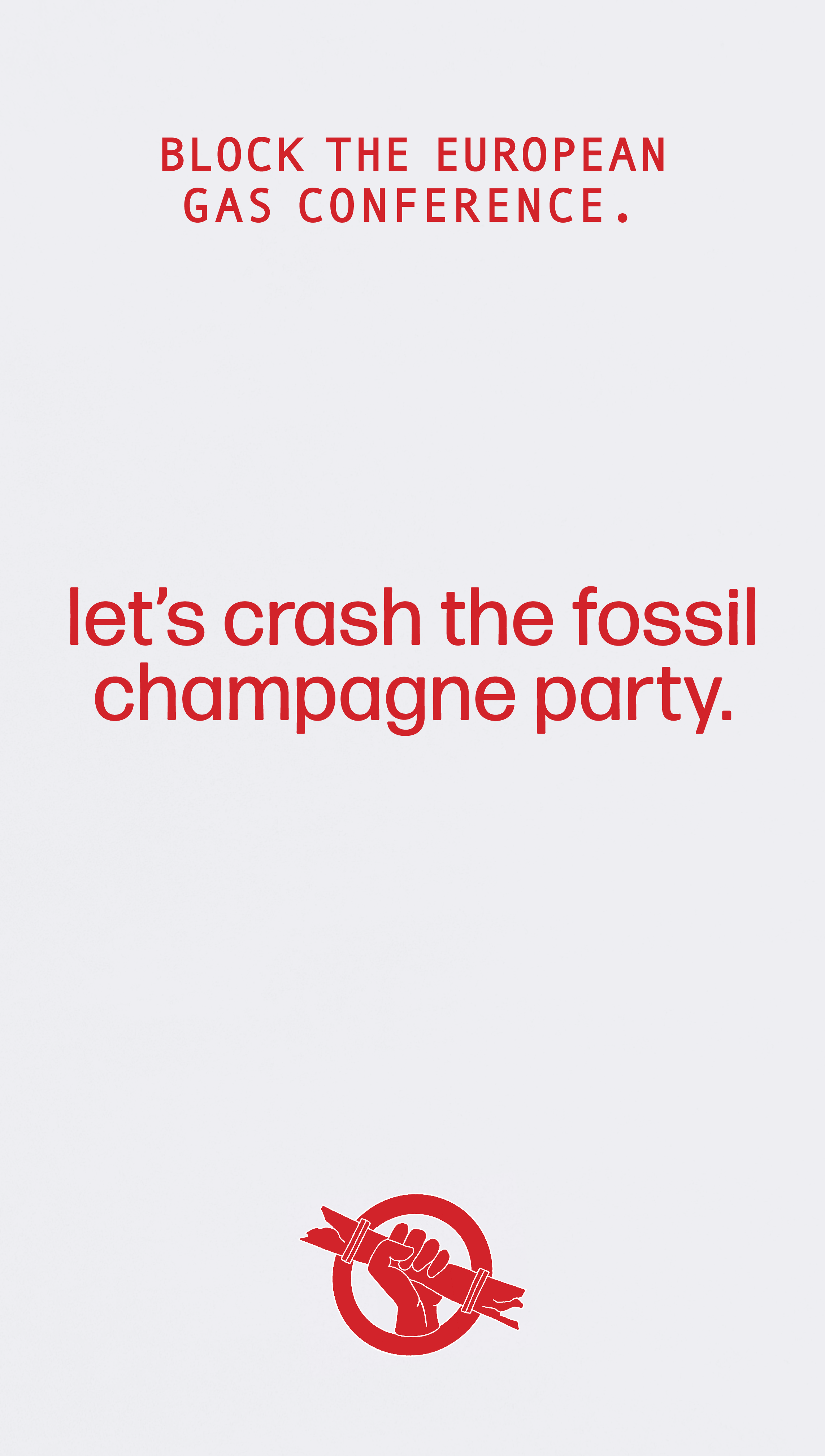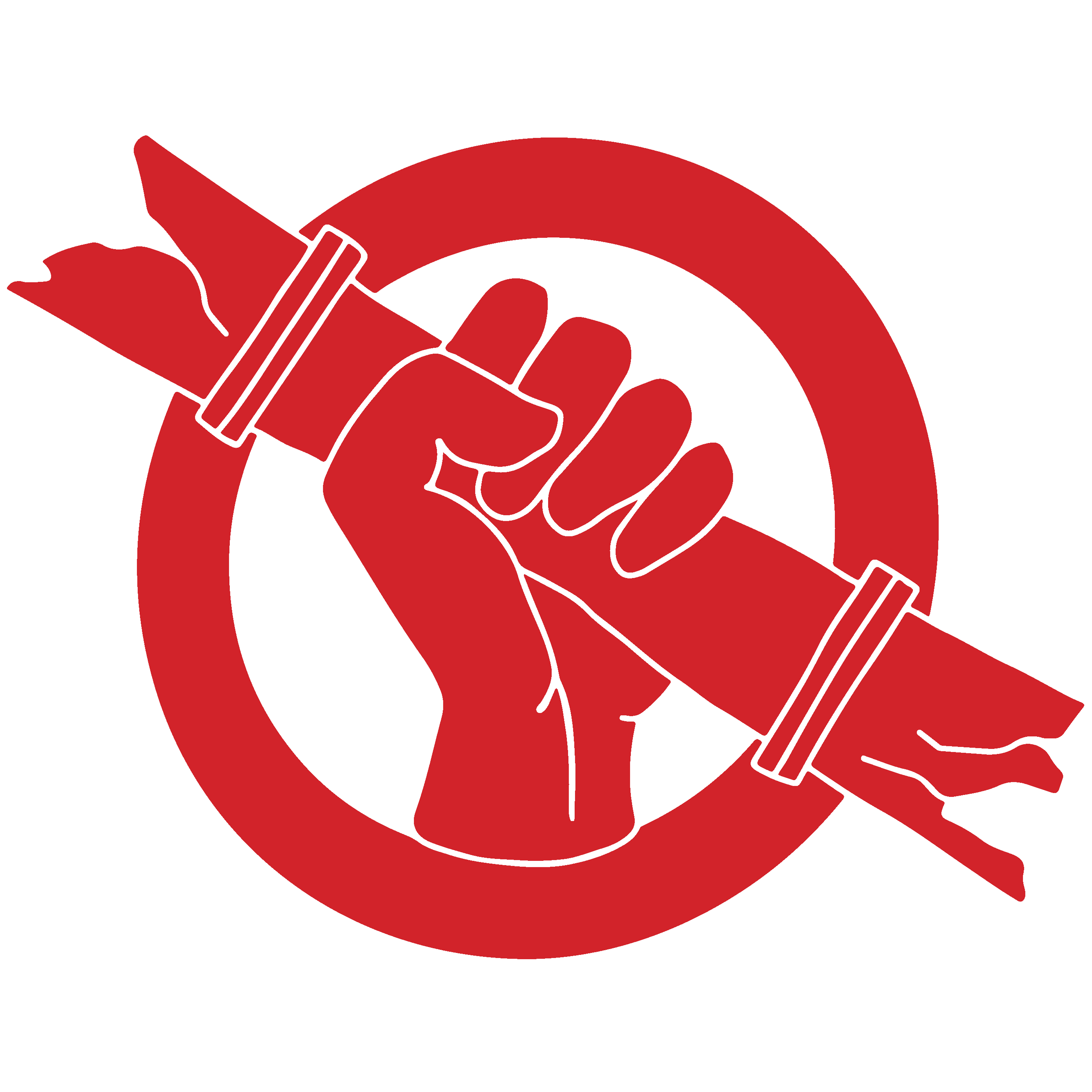What’s the European Gas Conference and why do we want to block it?
At the European Gas Conference gas companies, financial institutions and politicians come together to settle on the future of our energy bills and the planet behind closed doors.
For the 16th time, Vienna becomes the place for the European meeting of the “Gas Council” – a global network of senior energy lobbyists and financial investors.
At the European Conference, the CEOs of all the big oil names from Shell to BP, Total and RWE come to Vienna at the invitation of Austria’s second biggest climate killer company, OMV. In addition to those big names, the four big European gas companies Enagás, Fluxys and Snam are represented. At the conference they meet with big financial investors such as BlackRock and high-level European politicians. The website even proudly announces more than 100 private meetings for the lobbyists.
While there is hardly any public record on the results of last years’ conferences, we know so much: at the European Gas Conference 2022 the “end of Russian gas in Europe” was equally discussed to the “rise of LNG”. This tells us that behind closed doors, gas companies, investors and politicians settle for diversification of gas instead of reduction, more gas from the global South with all the impacts of extractivism and LNG and hydrogen expansion instead of renewable energy.
Where does this lead us? This leads us to more fossil dependency, less capabilities to manage our energy bills and tackle the climate crisis. Further, if we look at the gas companies present at the conference and the big infrastructure projects currently being discussed – we don’t need a lot of imagination what the gas companies and financial investors would talk about behind closed doors.
The ”Re:Power EU Plan” is the framework for these infrastructure projects. While the official target for renewable energy for 2023 is at 45% (so still below 50!), the European Commission’s saving proposals are even more important: switch off lights and heat your houses less! While they don’t mention that more than half of Europe’s gas is used in industry, they also don’t mention that the expansion plans for gas infrastructure are huger than in previous years.

Fossil industries are using the current political insecurities to bring back infrastructure projects that social movements and science had swiped off the table in the last couple of years. Amongst those projects are expansions of the highly contested TAP Pipeline or MidCat Pipeline, the LNG terminals in Brunsbüttel and Wilhelmshaven and many others.
For Europe, becoming independent from Russian gas also means exploiting more resources from the global South – especially Asia and Africa. Both by extracting gas and then transporting via pipelines, social and environmental injustices are being done in addition to the accelerated impacts of the climate crisis in the global South through more Co2 emissions in the global North.
